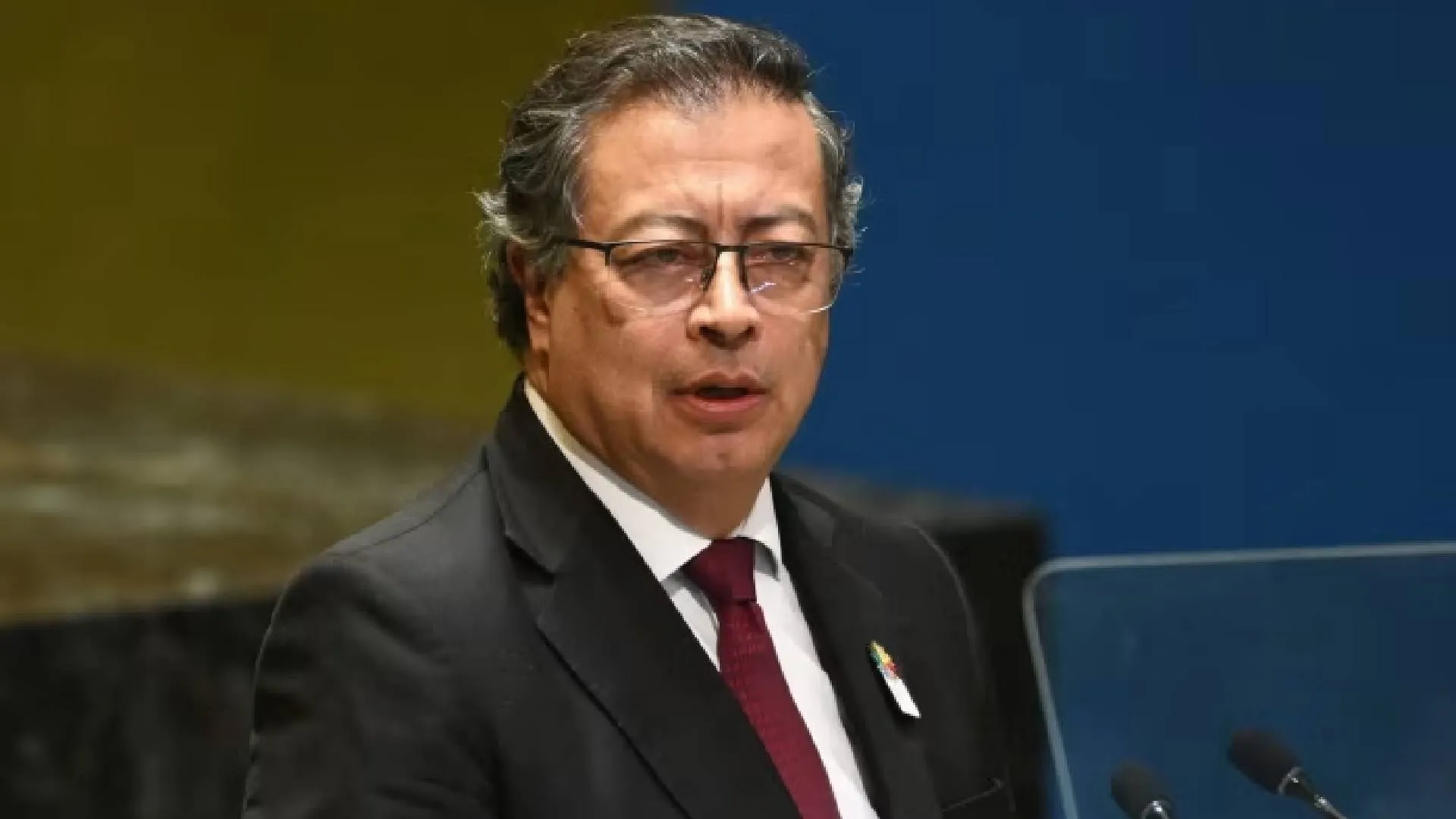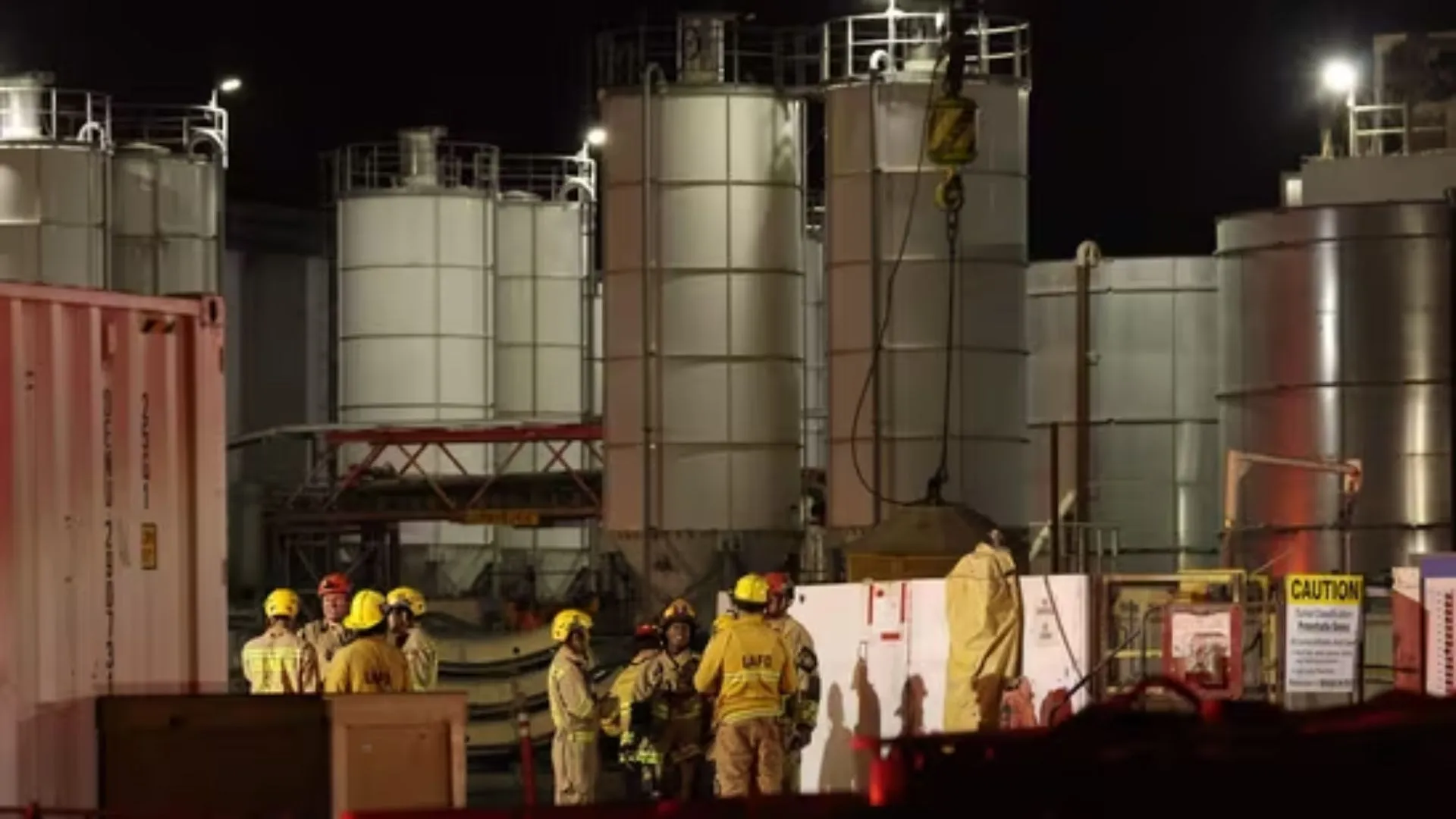Colombian President Gustavo Petro in a bold statement said that cocaine is no more dangerous than whiskey and only prohibited because it hails from Latin America. His comments during the six-hour-long government meeting triggered a heated debate about global drug policies and the effects they had on Latin American countries.
Cocaine No Worse Than Whiskey, Claims Petro
Petro said cocaine is criminalized to produce more political effect rather than a public health threat. He said the illegality of cocaine emanates from Latin American countries, where it is produced rather than it being a health risk than alcohol. “Cocaine is illegal because it is produced in Latin America, not because it’s worse than whiskey,” he said, according to Politico.
Colombian president Gustavo Petro says cocaine is “no worse than whiskey”, and is only illegal because it’s from Latin America.
This is what patriotism looks like snowflakes x pic.twitter.com/ocNxIwQPQQ
— PoliticsJOE (@PoliticsJOE_UK) February 6, 2025
He has explained that according to scientific studies, cocaine is no more harmful than whiskey. It is one of the liquors that have not been prohibited in many countries. Petro argued that legalizing cocaine worldwide can disintegrate the illegal drug business, a business he thinks contributes to violence and instability in the region.
Petro Wants Cocaine Legalized Globally
In his comments, Petro said the multi-billion dollar drug trade could be “readily dismantled” if cocaine were to be legalized all over the world. He explained that legalization would open the floodgate for the cocaine to be sold in a regulated manner like it is today. “If someone wants peace, the business has to be dismantled,” Petro said. “It could easily be dismantled if they legalized cocaine in the world. It would be sold like wine.”
This is part of Petro’s greater call for the world to shift its approach toward drug policy away from criminal enforcement and toward decriminalization and legalization. Colombia, as the world’s largest producer and exporter of cocaine, has had a long history of battling drug trafficking and related violence. Thus, Petro’s comments reflect a desire to think anew about strategy and promote a more pragmatic approach.
Fentanyl Crisis and the U.S. Drug War
On the other hand, Petro also pointed out the fentanyl crisis in the United States, which is one of the major contributors to the ongoing opioid epidemic. He pointed out that fentanyl, which has caused widespread fatalities in the U.S., is not produced in Colombia. “Fentanyl was created as a pharmacy drug by North American multinationals,” Petro noted, adding that people who became addicted to fentanyl had done so after it was marketed as a pharmaceutical product.
He says that such comparisons between fentanyl and the cocaine issue by the U.S. are about criticizing selective focus, ignoring the dangers caused by products that are manufactured in Latin America while overlooking harms like fentanyl that are produced outside the region.
A Turning Point in the War on Drugs?
Petro’s declarations add to the growing debate about the effectiveness of the global war on drugs. His call for the legalization of cocaine represents a challenge to long-standing U.S. policies that have heavily relied on criminalization and interdiction strategies to combat drug trafficking. As the world’s largest producer of cocaine, Colombia’s stance on drug policy is crucial in shaping future global drug laws.
With this in mind, Petro’s proposal seeks to address not only the violence that drug cartels cause but also to reshape global drug regulations focusing on public health and legal reforms. The debate over cocaine legalization is expected to continue as Colombia and other Latin American countries find their roles in the war on drugs.






















